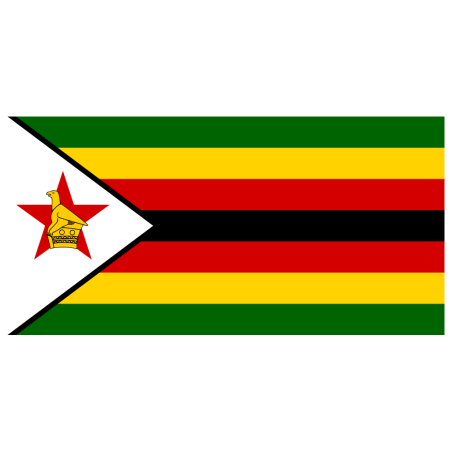Zimbabwe: Cash Crunch Affects MFIs

The prevailing cash crunch besetting the country has not spared micro finance institutions (MFIs) as clients are forgoing loan repayments, an official has said.
Zimbabwe Association of Micro-finance Institutions (Zamfi) executive director Godfrey Chitambo said the cash shortages in the market have resulted in some clients defaulting on loans secured from MFIs.
"Cash disbursements are delayed and some clients are also delaying repayment of loans as they prioritise cash payments for school fees and rental.
"MFIs are therefore encouraging their client to use alternative means of payment such as RTGS, internal bank transfers and mobile money transfer," he said.
According to the Reserve Bank of Zimbabwe, total loans disbursed by MFIs increased from US$173,3 million in September 2015 to US$187,16 as of December last year.
Of the amount, US$101,52 million (54,4%) was channelled into consumption and US$85,64 million (45,6%) for development purposes which include agriculture, retail business and mining.
As at September 31 2015 53,73% of the US$173,3 million was channelled into developmental sector amounting to US$93,12 million.
According to the RBZ sector report, the non-performing ratio, which was 16,05% by end of September went down to 10,72% as at December 2015.
At least US$75,5 million was disbursed by the Zamfi members.
Zamfi, which in 2012, established the Zimbabwe Micro-Finance Fund (ZMF), which is currently capitalised to the tune of US$10,5 million, seeks to increase the amounts to benefit more small to medium sized MFIs.
Presently, ZMF is offering lending to 18 MFIs, giving affordable lending of 1,5% per month.
Other MFIs normally get money from commercial banks, which is expensive, making it difficult to charge lower rates.
Chitambo bemoaned the distribution ratio of MFIs, which is in favour of a few urban areas, at the expense of those where there is less economic activity.
"Microfinance is a social business, but not panacea for all economic problems.
"As our rural areas transform and engage more in economic activities such as agriculture, retail business and mining, it is then only natural that MFIs will open up branches in such areas to support them," he said.
The RBZ regulatory minimum capital threshold for a non-deposit taking MFIs is US$25 000 and US$5 million for deposit taking institutions.
Currently, there are four registered deposit taking MFIs in the country.
SOURCE:ZIMBABWE INDEPENDENT
 Africas leading resource for digital financial services
Africas leading resource for digital financial services


comments